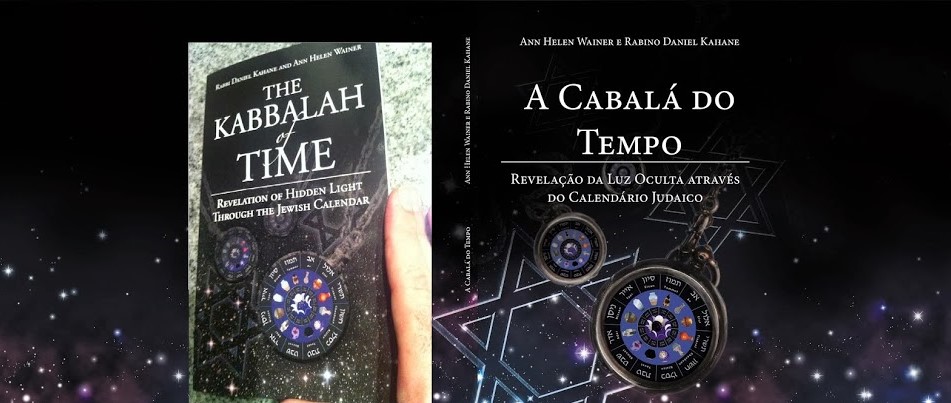1. Korah the son of Izhar, the son of Kohath, the son of Levi took [himself to one side] along with Dathan and Abiram, the sons of Eliab, and On the son of Peleth, descendants of Reuben.
RASHI - Dathan and Abiram: ... [Korach said] Who is entitled to receive the second [position]? Is it not I, who am the son of Izhar, who is the second brother to Amram? And yet, he [Moses] appointed to the chieftainship the son of his youngest brother! I hereby oppose him and will invalidate his word ... He dressed [250 men] with cloaks made entirely of blue wool. They came and stood before Moses and asked him, “Does a cloak made entirely of blue wool require fringes [’tzitzith’], or is it exempt?” He replied, “ It does require [fringes].” They began laughing at him [saying], "Is it possible that a cloak of another [colored] material, one string of blue wool exempts it [from the obligation of techeleth], and this one, which is made entirely of blue wool, should not exempt itself?
Korach was very smart. His logic was flawless. There was only one slight problem: the G-d of Israel is not limited to human logic. The main issue with Korach's dispute is not that he was wrong; people make mistakes all the time. The problem was that by limiting the entire situation to logic, he was not only debasing Moshe, but also Israel, the Torah, and G-d Himself. After all, Moshe did not make any decisions on his own. G-d was the One that appointed Moshe and his brother! Moshe did not decide that a cloak of Techelet requires Tzit-Tzit any more than he decided his role as leader. Korach's challenges put him on par with Dathan and Abiram, who our sages teach us, time and again failed to see the G-d's hand in everything that took place since the first moments of redemption from Egypt. It is therefore not coincidental that Rashi's comments are placed next to both of their names.
We also must open our eyes and realize that the events of our lives are truly Divinely ordained, and not simply a product of human calculations.
